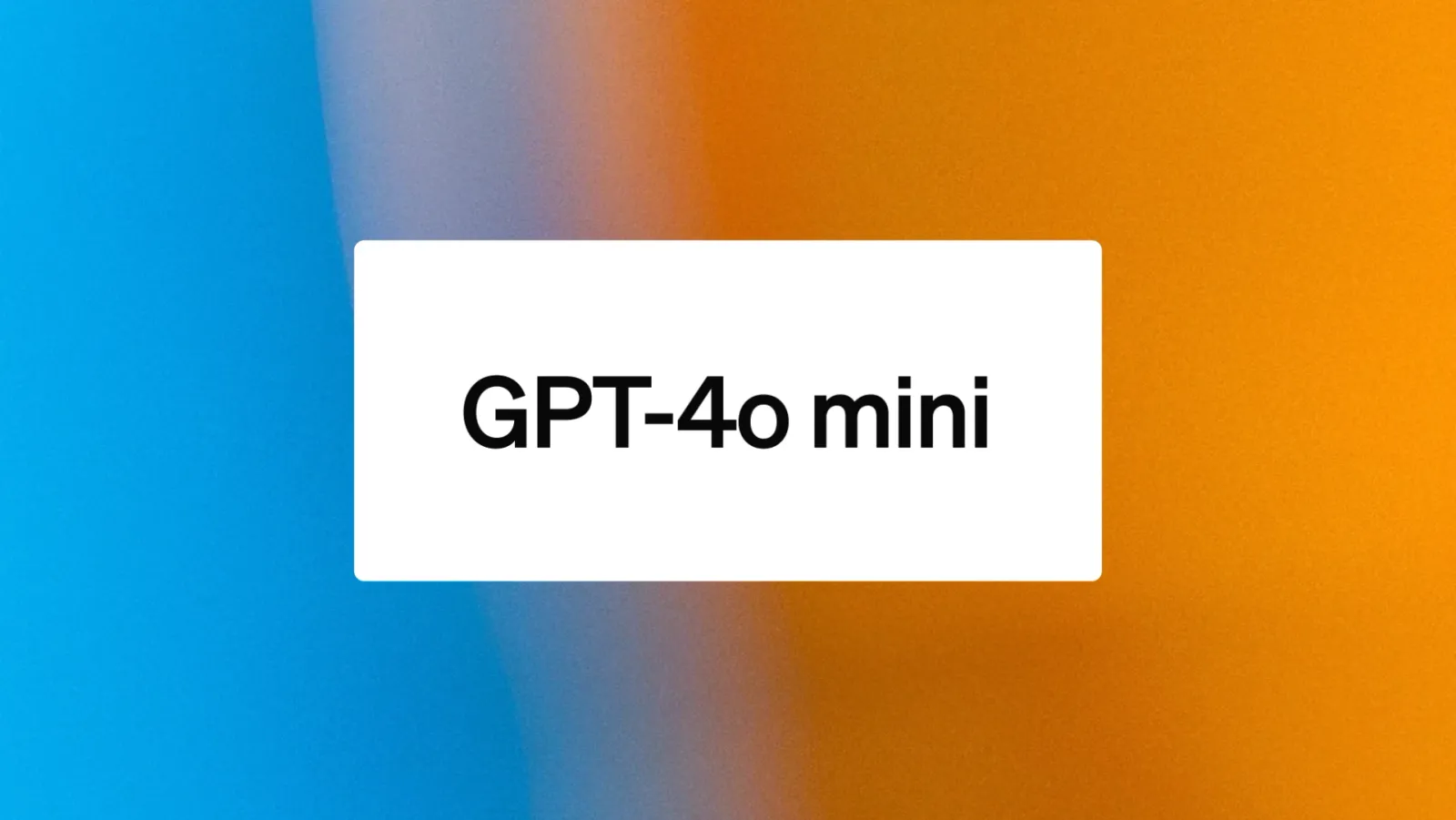OpenAI is following up on its commitment to making artificial intelligence accessible to everyone by releasing GPT-4o mini, its most cost-efficient small model yet. Priced at 15 cents per million input tokens and 60 cents per million output tokens, GPT-4o mini is 99% more affordable than the less capable text-davinci-003, a model released in 2022. OpenAI expects that the affordability of GPT-4o will contribute to unlocking various use cases leveraging the model's capability to chain or parallelize multiple model calls, process a large volume of context, and provide fast text-based responses to user queries.
In addition to the former capabilities, GPT-4o mini features API-based text and vision support (with plans to deliver multimodal inputs and outputs eventually), a context window accepting up to 128K tokens, the capability to generate up to 16k tokens as output per request, knowledge up to October 2023, and the same tokenizer as GPT-4o, which makes non-English queries more cost-effective. GPT-4o mini outperforms GPT-4 in the LMSYS leaderboard, and scores 82% on MMLU, compared to 77.9% for Gemini Flash and 73.8% for Claude Haiku.
More generally, GPT-4o mini excels in various tasks, including reasoning, math, coding, and multimodal processing, outperforming GPT-3.5 Turbo and other small models in benchmarks testing for textual intelligence and multimodal reasoning. The model handles the same range of languages as GPT-4o and performs strongly in function calling. In addition to its impressive MMLU score, GPT-4o scored 87.0% on MGSM (mathematical reasoning), 87.2% on HumanEval (coding), and 59.4% on MMMU (multimodal reasoning). Gemini Flash and Claude Haiku scored below 80% on the first two benchmarks, while Flash scored 56.1% on MMMU, and Haiku scored 50.2%.
OpenAI has prioritized safety in GPT-4o mini's development, implementing built-in safety measures and leveraging insights from expert evaluations. The model also introduces new techniques like the instruction hierarchy method to enhance reliability and safety at scale. GPT-4o mini is available on OpenAI's APIs as a text and vision model and will be available for ChatGPT, Free, Plus, and Team users to use instead of GPT-3.5, starting immediately. Enterprise users will have access to the model shortly.







Comments